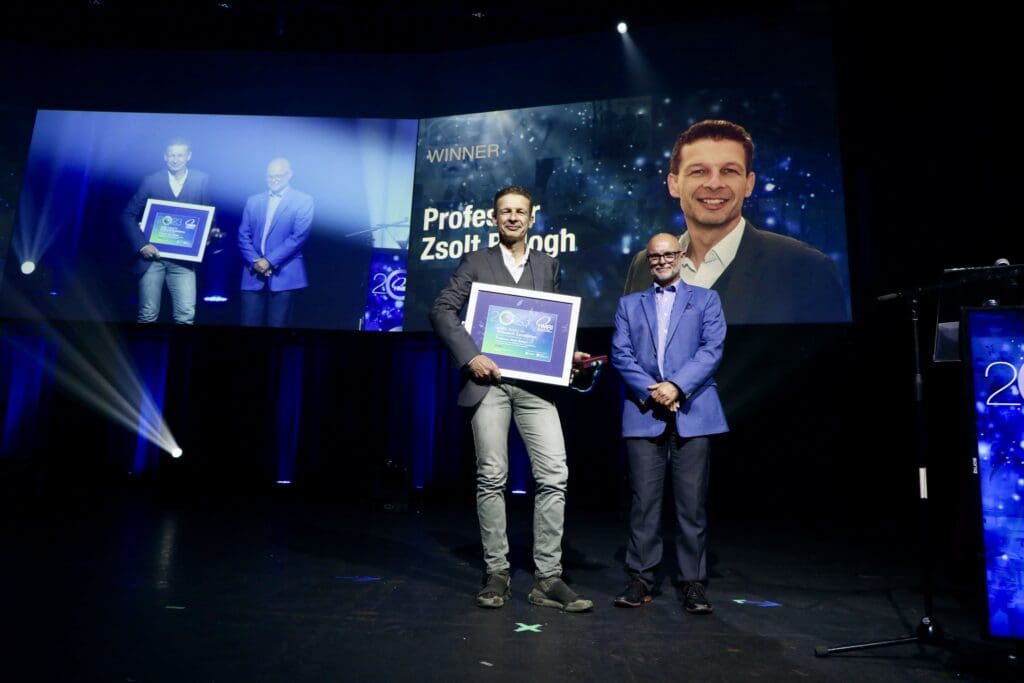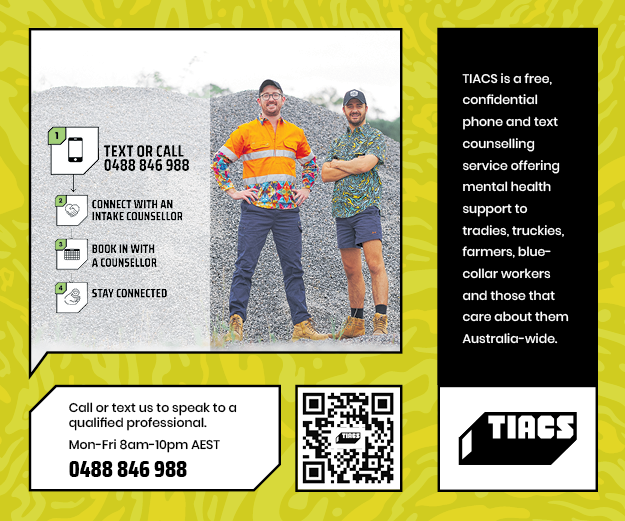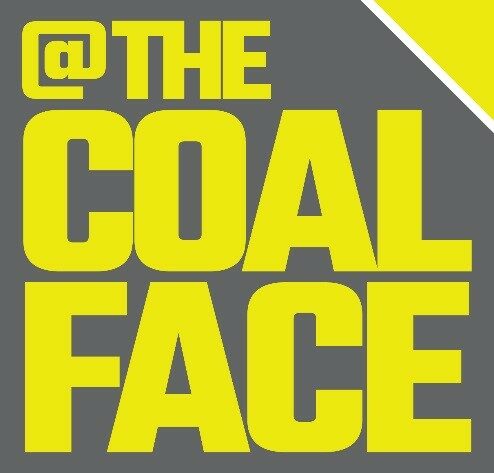The Cameron Family and Centennial Coal have a long history with the Hunter Medical Research Institute (HMRI).
It started with Dr Bob Cameron who was a GP for 70 years. He trained at Sydney University and was based at various places throughout his career including at Cessnock District Hospital. During the war he amputated the crushed fingers of local coal miners with alarming frequency.
In 2013, Dr Cameron’s son Bob Cameron AO donated money to the HMRI, and to recognise his father’s work a seminar room was named in his honour.
Flanking the doorway is a plaque that reads “Supported by the Cameron Family and Centennial Coal Company Ltd in honour of Dr John Cameron”.
Bob Cameron AO is the Chairman of Centennial Coal and the Hunter Valley Training Company.
“There is no more worthy cause for us all to support than medical research and we are so fortunate to have HMRI, a world class institute, based here in the Hunter,” Bob said.
“Some years ago, Centennial Coal and my family supported the creation of the Cameron seminar room at HMRI which was in honour of my late father.
“He was initially based in the coalfields and developed a strong affiliation with and admiration for the miners in the community.
“It is a privilege to continue to support HMRI.”
That support continues to this day, including at the organisation’s annual awards evening.
“We support the Early Career Researcher and Researcher of the Year awards because they are an acknowledgement of the importance and excellence of the results-driven research that is carried out,” said Bob.
Professor Zsolt Balogh won the HMRI Award for Research Excellence, receiving $20,000 to go towards his research in trauma and injury.

As well as an award-winning researcher, the Professor is the Director of Trauma at the John Hunter Hospital (JHH) and the Professor of Surgery at the University of Newcastle.
He said it was an honour to receive the award for his research team.
“I consider our research program as the winner, and we are very thankful to the Cameron Family for their generosity and incredible vision to support science in our region.
“We assure our donors and the community that the funds will go into the establishment of an international research consortium dedicated to the most severely injured trauma patients – polytrauma.”
Polytrauma is the most complex injury involving multiple body regions as a result of huge kinetic energy transfer to the body compromising all vital functions and leading to failure of organs which weren’t injured initially.
“We have several scientific streams with national and international collaboration in clinical and laboratory science to control bleeding faster, perform the life and function saving surgeries expeditiously, preventing organ failures to improve survival and long-term quality of life,” Professor Zsolt said.
Professor Zsolt has been the Director of Trauma at the JHH since 2005. During his tenure, the Professor has established a comprehensive trauma system in collaboration with a network of hospitals in NSW, as well as NSW Ambulance and the rescue helicopter networks.
That trauma system and the efforts of those working in it, has made the major trauma survival rate at the JHH the highest in Australia.
“I cannot say that we are better than others as a department. But I can say that the JHH is one of the few trauma centres in Australia and New Zealand where a 24/7 trauma specialist admitting surgeon leads the care of every major trauma patient in a multidisciplinary team.
“Our hospital consistently delivers top survival rates of trauma patients.”
Through his work at the JHH, Professor Zsolt has influenced NSW hospitals management of severe pelvic fractures and those with life-threatening bleeding.
The Professor has an awful lot on his plate, one wonders if he just lives at the JHH…
“I would not mind getting a bit more sleep, everybody needs it, and I am fighting hard to protect the time dedicated to sleep and maximise its quality.
“Unfortunately, a power nap between hospital tasks is a short-term rescue option…”
Aside from trying to get more sleep, Professor Zsolt’s goal is to save as many lives as he can.
“I would like to maximise my abilities as a student, a trauma surgeon, scientist, mentor and human being to save lives, improve long term function, minimise the burden from injury.
“I am also expanding my efforts to biodiversity conservation and restoration, which is the real “ultimate” goal to save humans, everything else we do is rather reactive than proactive.”











